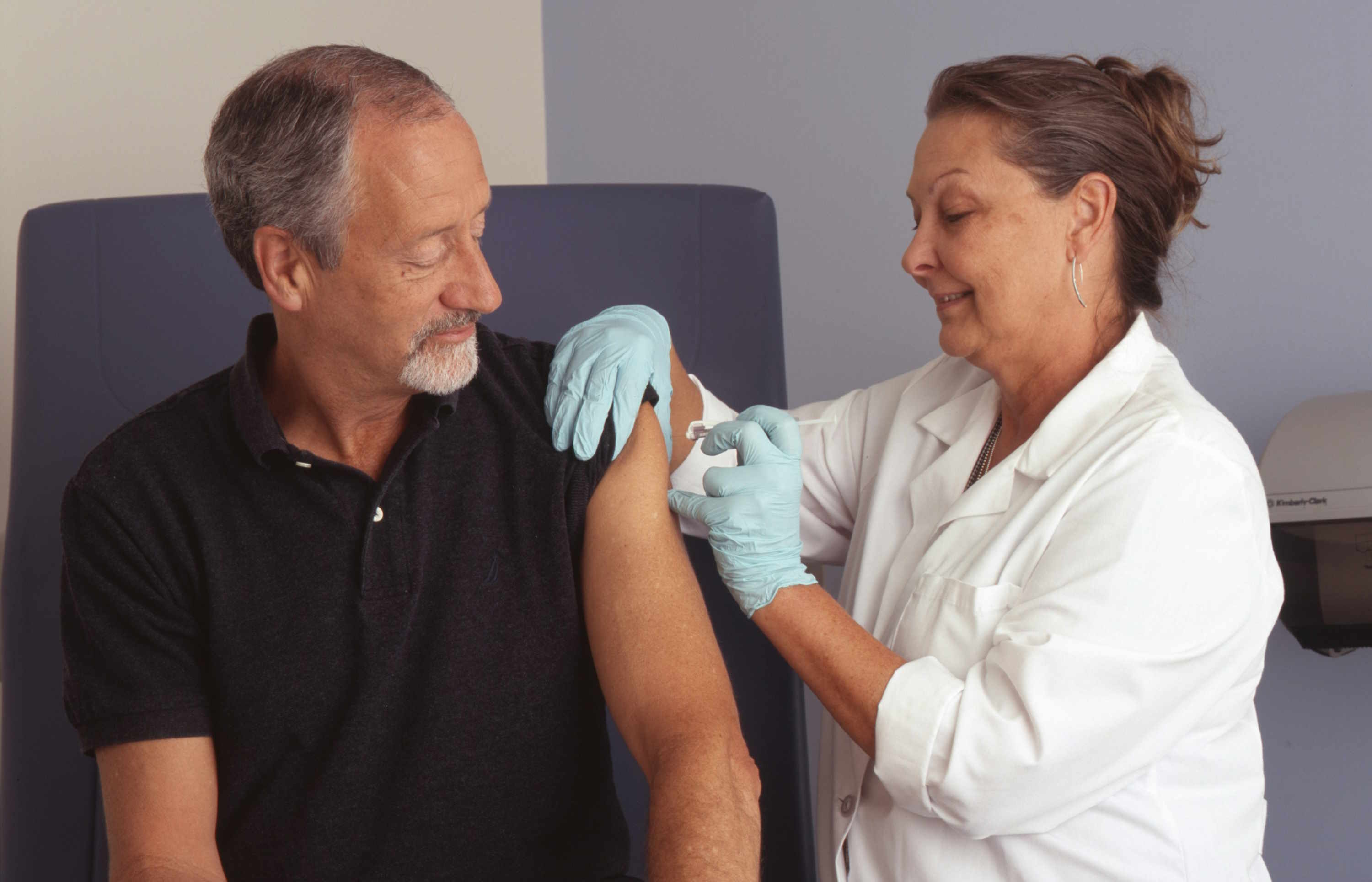Everything You Need to Know About Pneumonia Vaccines
Pneumonia vaccination helps protect against serious lung infections caused by bacteria or viruses. It is especially important for children, older adults, and individuals with weakened immune systems, reducing the risk of severe illness, hospitalization, and related health complications.

What are pneumonia vaccines and how do they work?
Pneumonia vaccines are designed to protect against specific types of bacteria and viruses that commonly cause pneumonia. The two main types of pneumonia vaccines available are:
-
Pneumococcal conjugate vaccine (PCV13): This vaccine protects against 13 strains of pneumococcal bacteria, which are responsible for many cases of pneumonia.
-
Pneumococcal polysaccharide vaccine (PPSV23): This vaccine provides protection against 23 types of pneumococcal bacteria.
These vaccines work by stimulating the immune system to produce antibodies against the targeted bacteria or viruses. When exposed to these pathogens in the future, the body can quickly recognize and fight off the infection, reducing the risk of developing pneumonia or experiencing severe symptoms.
Who should get the pneumonia vaccine?
The recommendations for pneumonia vaccination vary depending on age, health status, and risk factors. Generally, the following groups should consider getting pneumonia vaccines:
-
Children under 2 years old
-
Adults 65 years and older
-
Individuals with chronic health conditions such as heart disease, lung disease, or diabetes
-
People with weakened immune systems
-
Smokers
It’s important to consult with a healthcare provider to determine the appropriate vaccination schedule based on individual circumstances. Some people may need both types of pneumonia vaccines, while others may only require one.
What are the benefits of pneumonia vaccines?
Pneumonia vaccines offer several important benefits:
-
Reduced risk of pneumococcal pneumonia
-
Lower chances of developing invasive pneumococcal diseases like meningitis and bloodstream infections
-
Decreased severity of symptoms if pneumonia does occur
-
Protection against antibiotic-resistant strains of pneumococcal bacteria
-
Potential reduction in healthcare costs associated with pneumonia treatment
By preventing pneumonia and related complications, these vaccines can significantly improve overall health outcomes and quality of life, especially for vulnerable populations.
Are there any side effects or risks associated with pneumonia vaccines?
Like all vaccines, pneumonia vaccines can cause some side effects, although they are generally mild and short-lived. Common side effects may include:
-
Soreness, redness, or swelling at the injection site
-
Mild fever
-
Fatigue
-
Muscle aches
Serious side effects are rare but can include allergic reactions. It’s important to discuss any concerns or potential risks with a healthcare provider before receiving the vaccine.
How often should pneumonia vaccines be administered?
The frequency of pneumonia vaccination depends on various factors, including age and health status. Generally:
-
Children under 2 years receive a series of PCV13 doses as part of their regular vaccination schedule.
-
Adults 65 and older typically need one dose of PCV13 and one dose of PPSV23.
-
Adults with certain health conditions may require additional doses or a different schedule.
Healthcare providers can provide personalized recommendations based on individual circumstances and the latest guidelines from health authorities.
What is the cost of pneumonia vaccines?
The cost of pneumonia vaccines can vary depending on factors such as location, healthcare provider, and insurance coverage. Here’s a general overview of pneumonia vaccine costs and coverage:
| Vaccine Type | Average Cost (Without Insurance) | Typical Insurance Coverage |
|---|---|---|
| PCV13 | $180 - $240 per dose | Often covered |
| PPSV23 | $90 - $140 per dose | Usually covered |
Many insurance plans, including Medicare Part B, cover pneumonia vaccines as preventive care. For those without insurance, some health departments and community clinics may offer low-cost or free vaccination options.
Prices, rates, or cost estimates mentioned in this article are based on the latest available information but may change over time. Independent research is advised before making financial decisions.
In conclusion, pneumonia vaccines play a crucial role in preventing serious respiratory infections and their complications. By understanding the types of vaccines available, who should receive them, and their benefits, individuals can make informed decisions about their health and take proactive steps to protect themselves against pneumonia. Consulting with a healthcare provider is the best way to determine the appropriate vaccination strategy based on personal health factors and current medical guidelines.
This article is for informational purposes only and should not be considered medical advice. Please consult a qualified healthcare professional for personalized guidance and treatment.




